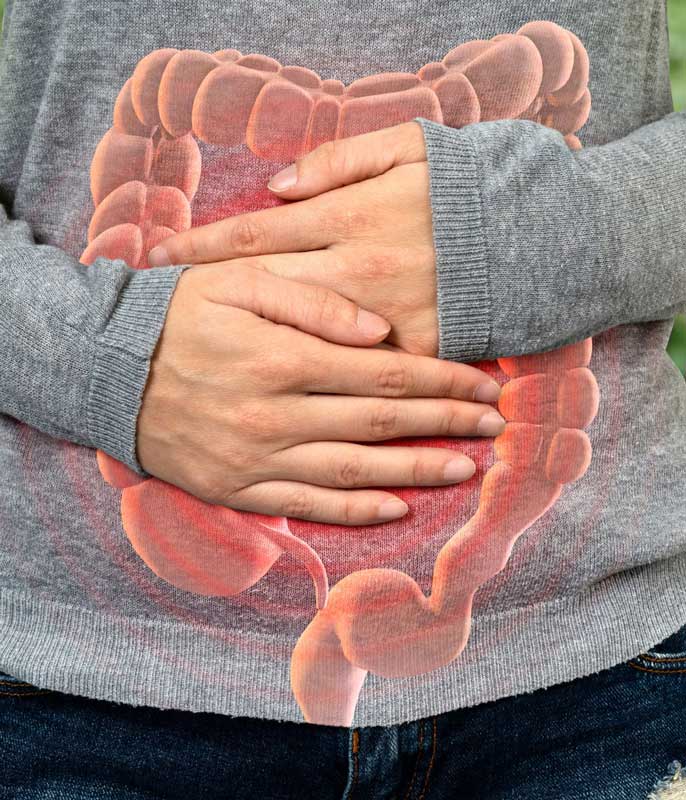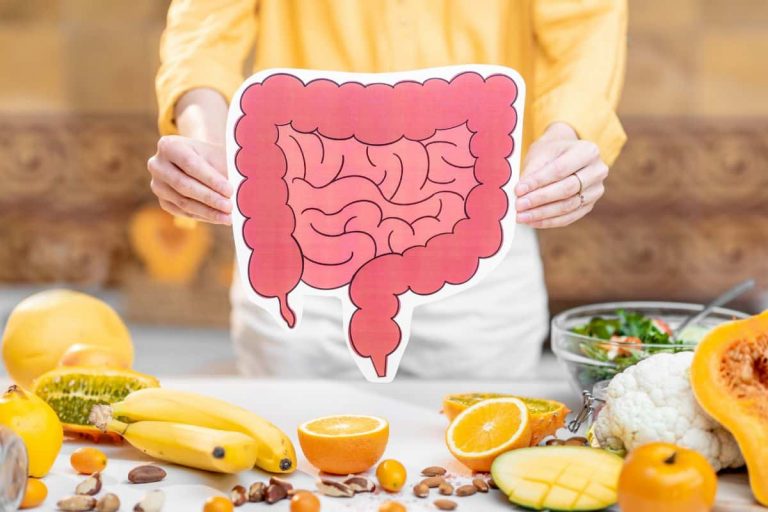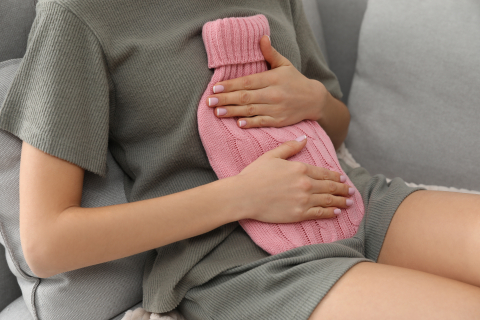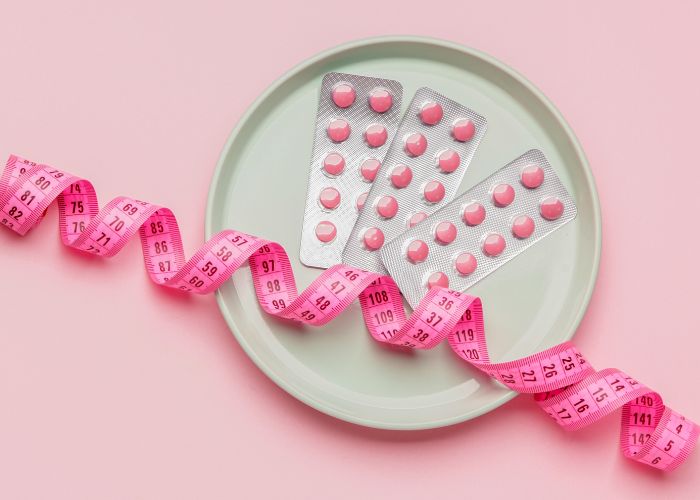For a long time, irritable bowel syndrome (IBS for short) was met with a lack of understanding, not only by professionals but also by patients. However, through continuous research, the level of knowledge about this disease is increasing and understanding is increasing.
The first “problem” with IBS is that it is a so-called functional gastrointestinal disorder. Symptoms occur even though no physical cause can be determined by a doctor. IBS is therefore the result of a so-called “diagnosis by exclusion”. Organic causes such as food intolerances or pathological changes in the intestines must be ruled out before a diagnosis can be made. To do this, blood and stool tests and endoscopic procedures (such as colonoscopies) are carried out. Even if all results are already available and there is no indication of a physical disease, 2 further criteria must be fulfilled before an IBS diagnosis can be made:
- Symptoms lasting longer than 3 months, related to the bowel and are accompanied by changes in the stool.
- The affected person feels impaired in his/her quality of life and needs help because of these problems.
Can irritable bowel syndrome develop suddenly?
IBS can occur at any age. Women seem to be affected significantly more often than men. According to a health insurance study, about 1.34% of the population in Germany suffer from the diagnosis “irritable bowel syndrome”. Worldwide, it is estimated to be as high as 2.5% to 25% of the population. Therefore, IBS, like high blood pressure or diabetes, seems to be a real widespread disease. Nevertheless, diabetes is talked about much more often than irritable bowel syndrome because there are still many prejudices and taboos regarding this disease. However, through open conversations and a free exchange about well-being, digestion and pain, these hurdles can also be broken down.

How does irritable bowel syndrome develop?
Today, there are various approaches to explaining the development of IBS. First and foremost, the interaction of body and psyche seems to play a role. It is also assumed that micro-inflammations of the intestinal mucosa, changes in the intestinal flora, disturbances in the mobility and activity of the intestine or a gastrointestinal infection that has been overcome can lead to irritable bowel syndrome. Hypersensitivity of the nerve fibres in the intestine is also discussed as a possible cause for the occurrence of IBS.
IBS symptoms
The symptoms associated with IBS are just as varied as the possible ways in which it can develop. Recurrent abdominal pain is the predominant symptom; however, frequent bowel movements, diarrhoea, a bloated stomach and flatulence as well as constipation can also occur. The frequency of these symptoms also varies greatly – some sufferers only experience the symptoms in phases (e.g. especially during exam phases or stressful episodes in life), others every day.
As a rule, however, the symptoms described are very present and have an enormous impact on the daily lives of those affected. Due to the mental focus on the abdominal area and bowel movements, soon everything in everyday life revolves only around these aspects, so that such simple things as a visit to a restaurant or a trip to the countryside quickly become an impossible activity. Other symptoms that can occur as a result of irritable bowel syndrome are general fatigue and exhaustion, inner restlessness, nervousness, depressive moods and anxiety disorders, headaches and sleep disorders. Those affected often get caught in a vicious circle of physical and psychological complaints, which further aggravates the IBS symptoms.
Caution! Acute complaints such as severe pain, bleeding or other untypical symptoms must be clarified by a doctor. Other alarm signs are sudden fever, weight loss and/or night sweats.
What helps irritable bowel syndrome?
The medical guidelines mention medications for treatment, but these only help to alleviate the symptoms, not to combat the causes. In the treatment of irritable bowel syndrome, it is important, due to the complexity of the disease, to resort to a holistic therapy and to treat different aspects of the disease in a sustainable way: the type of diet, existing behavioural patterns and the reactions of the psyche.
Let us first look at the possibilities of changing the diet during irritable bowel treatment. If food intolerances can be ruled out, a low-FODMAP diet, i.e. a permanent reduction of short-chain carbohydrates (oligosaccharides), can often already lead to a noticeable alleviation of symptoms.

The additional intake of probiotics for IBS is also recommended in current medical guidelines, as certain strains of bacteria have been shown to be effective. These include, in particular, probiotic species of the genus Lactobacillus and Bifidobacterium. These probiotics can be taken in the form of soluble powders. However, the use of probiotics should always be discussed with a doctor, as other combinations of bacterial strains may be considered depending on the symptoms.
Another important component of irritable bowel treatment is the change of behavioural patterns along with the associated psychological well-being. Since prolonged irritable bowel symptoms lead to stress, and stress in turn makes these symptoms even worse, cognitive behavioural therapy can provide relief in the context of individually tailored psychotherapy. This has been shown to be effective in treating irritable bowel symptoms, as has talking to other sufferers. Other helpful tools include the symptom diary, which can promote self-awareness and reveal connections, as well as professionally guided, bowel-oriented hypnotherapy.
Work, family and daily commitments demand a lot of time. It is not always easy to integrate the changes suggested here into everyday life. Adjusting behaviour, performing hypnosis exercises or following a low-FODMAP diet can be a real challenge without outside support. The team at Cara Care has developed a novel medical product based on a digital app for precisely this purpose. It includes a holistic irritable bowel therapy programme that is based on the latest scientific findings and continuously accompanies users in the fight against their disease.
Using various modules (basic knowledge, cognitive behavioural therapy, nutritional therapy and hypnotherapy), the application provides holistic support for 12 weeks. On the website cara.care there is more information about the programme as well as detailed instructions on how to get this therapy prescribed by a doctor.

We wish all those affected a speedy recovery and hope that this blog post can bring a little more hope for noticeable relief from their symptoms.
Written by Cara Care.
Quellen:
Cara Care by HiDoc Technologies. (o. D.). Reizdarm. Cara Cara. Abgerufen am 16. Februar 2023, von https://cara.care/de/erkrankungen/reizdarm/
Cara Care by HiDoc Technologies & Kora. (o. D.). IBS Awareness Month — How to tell your friends you have IBS. Cara by HiDoc Technologies. Abgerufen am 16. Februar 2023, von https://cara.care/digestive-disorders/ibs/5-tips-for-talking-about-ibs/
Cara Care by HiDoc Technologies & Sommer, A. S. (o. D.). Probiotika – Wirken Probiotika wirklich? Cara Care. Abgerufen am 16. Februar 2023, von https://cara.care/de/ernaehrung/lebensmittel/probiotika-wirkung/
Cara Care by HiDoc Technologies & Toler, S. T. (o. D.). Reizdarm Symptome – wie machen sich Reizdarm Symptome bemerkbar. Cara Care. Abgerufen am 16. Februar 2023, von https://cara.care/de/erkrankungen/reizdarm/reizdarm-symptome/
Krammer, H. & Enck, P. (2008). Reizdarmsyndrom: Welche Rolle spielen Darmflora und Probiotika? https://magendarm-zentrum.de/
Mayo Clinic Staff. (2022, 2. November). Irritable bowel syndrome – Symptoms and causes – Mayo Clinic. Mayo Clinic. Abgerufen am 23. Februar 2023, von https://www.mayoclinic.org/diseases-conditions/irritable-bowel-syndrome/symptoms-causes/syc-20360016
Saha, L. S. (2014, 14. Juni). Irritable bowel syndrome: Pathogenesis, diagnosis, treatment, and evidence-based medicine. https://www.ncbi.nlm.nih.gov/. Abgerufen am 23. Februar 2023, von https://www.ncbi.nlm.nih.gov/pmc/articles/PMC4051916/pdf/WJG-20-6759.pdf





























